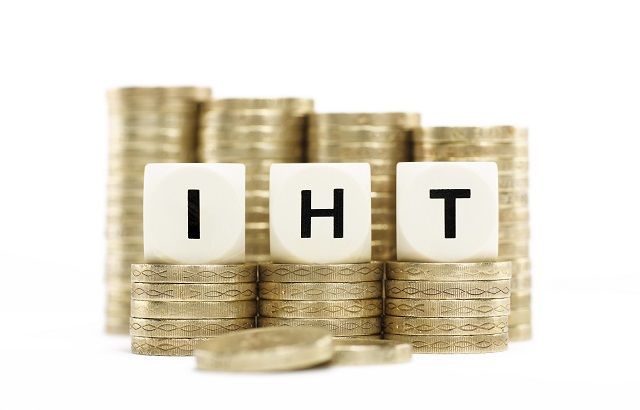HM Revenue & Customs (HMRC) announced the total inheritance tax (IHT) haul for 2022/23 reached £7.1bn ($8.9bn, €8bn).
It surpasses the previous record of £6.1bn set last year by £1bn as the tax continues to provide a lucrative source of revenue for the Treasury.
Estimates at the Spring Budget suggested that over the next five years IHT would bring in £38bn pounds – meaning annual receipts would be set to exceed £8bn by 2027-28 and 6.7% of deaths would trigger an IHT charge.
Stephen Lowe, group communications director at retirement specialist Just Group, said: “IHT receipts stormed to record highs this financial year as the chancellor continues to benefit from frozen thresholds and soaring property prices through the pandemic.
“There seems to be no limit to the Treasury’s appetite for IHT and given receipts for this financial year have already surpassed upgraded estimates, it looks set to be the ‘goose that lays golden eggs’ for some time yet.”
Andrew Tully, technical director at Canada Life, commenting on the impact of the evolution of IHT, said: “IHT is no longer a tax only on the wealthiest estates. As these record figures show, IHT has now become a mainstream tax on ordinary people, largely due to house-price increases.”
Lucrative form of revenue
However, the long term nature of the IHT regime is going to be a political conversation.
Laura Hayward, tax partner at Evelyn Partners said: “The latest year-on-year rise in IHT receipts provides a reminder of how this lucrative form of revenue has become well-established as a gift that keeps on giving for the Treasury. Although there has been speculation that IHT could be cut by the government as a general election manifesto pledge, the outlook for this tax is far from certain.”
Rachael Griffin, tax and financial planning expert at Quilter, added: “The ever-increasing tax revenue from IHT presents a conundrum for the government as we approach election season. Rumours are already rife regarding potential crowd-pleasing policy changes the government might enact to improve their chances of winning the next election.
“Some reports suggest IHT may be ripe for reform, but considering it is becoming a powerful revenue generator, this government might find the prospect of lowering one of Britain’s most hated taxes a bitter pill to swallow. However, on the other hand, it is likely to drum up support.”








